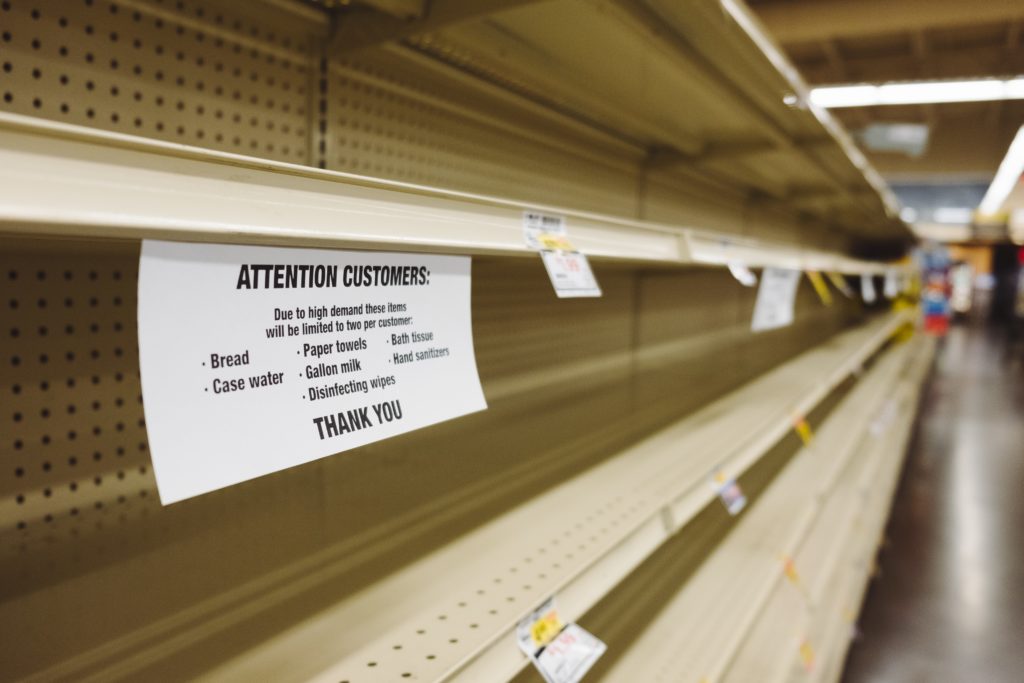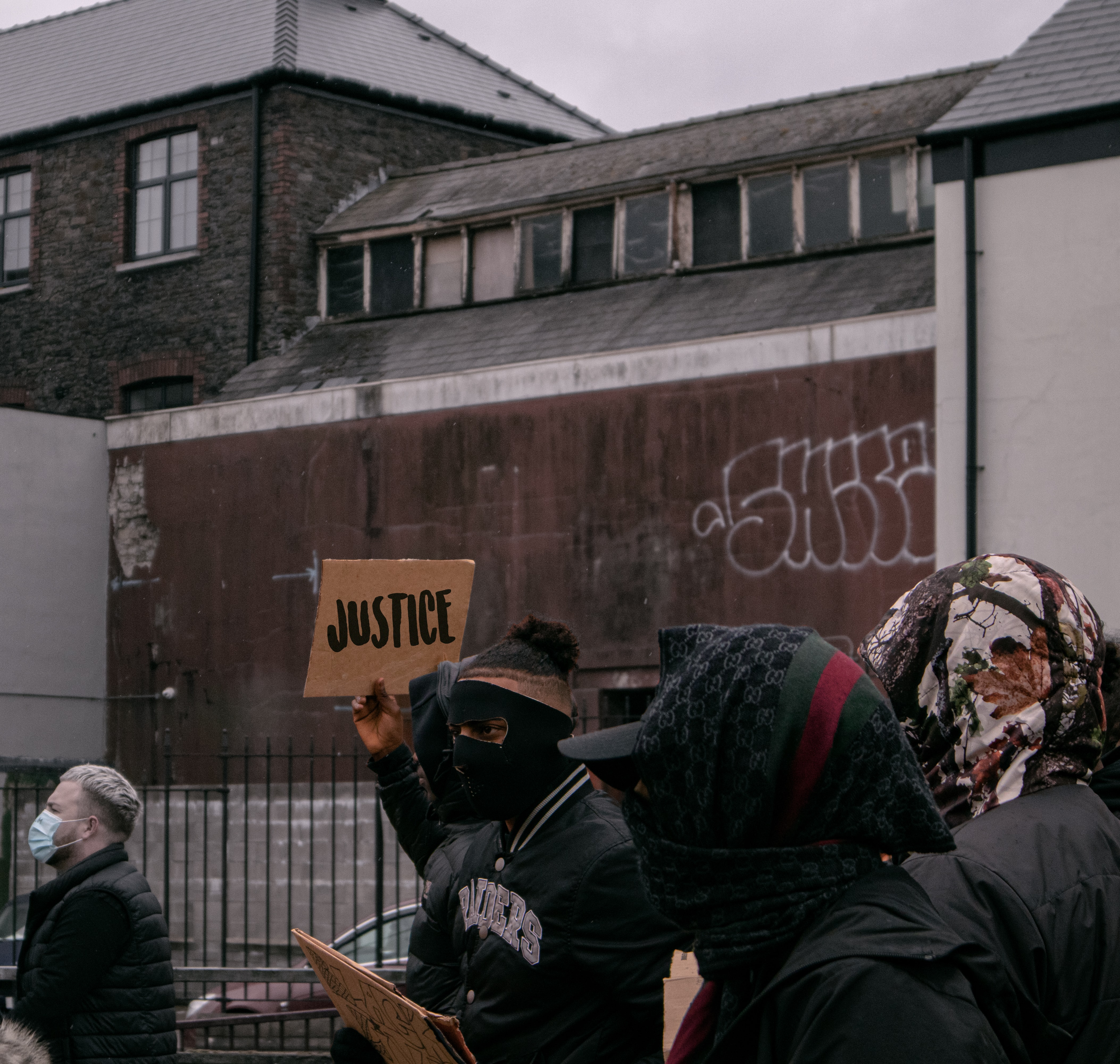ONE YEAR.
We’ve been living in a global pandemic for over one whole year, so now is an important time to reflect and remember our experiences during this “uncertain time” in modern history. The New York Times put together a couple collections highlighting this, The Week Our Reality Broke and Covid-19: One Year Later. They’re poignant pieces, with some things I can relate to and others I can’t, and reading them reminded me of how I processed and lived through the past year. At first, I underestimated the severity and longevity of the virus’s toll, then, I really leaned in to the face mask and social distancing, and for a long time, I desperately waited for a sense of community and belonging.

During a year in which nothing really happened (in my immediate, everyday environment), I got a lot of work done — on myself.
Here are some things I learned.
Personal learning is just as important as professional learning.
Before this past year (and if I’m honest, even before this year), I was stingy about spending time or money on things that weren’t tied to my career. Working hard now and playing later might be the best path for some, but it isn’t the path for me. And that’s okay.
Spending time away from my physical workspace and most social activities brought a certain clarity. Without the daily hums and bustle, I was finally able to hear what I’m really seeking answers to. Some of my new learning can be applied to the workplace, and some can’t. But regardless of where I apply it, building understanding and skills in the areas I find fulfilling makes me into a more complete person, and that helps me wherever I am showing up to.
In-person isn’t the only way to have community.
My social isolation started before the pandemic public health guidelines. I’d already pulled away from most of my social circle due to divorce, so in the quiet of sheltering in place, I gave a new social media platform a chance – Instagram.
I know IG isn’t new, but Facebook’d soured me toward social media. I bit my lip and began following accounts, and in time, IG became my safe space. (I also realized I prefer its algorithms to Facebook’s.) IG was a way to have easy pseudo-contact with people I wasn’t seeing in person, and the fact I was using a new account allowed me to be selective with access. Who wants to be part of my life? Who deserves to be there?
Beyond the real-life familiarities, I started engaging with creators of content that mattered to me. Specifically, I dove into the content of childfree people. I felt understood. And by listening to their podcasts, I was able to address certain needs for conversation that my daily interactions weren’t meeting.
Online interactions aren’t a replacement for in-person time, but they’ve given me a healthier understanding of what my connections mean to me and where I belong.
Politics are divisive.
I’m using politics as a catch-all term here because when I think of politics, I think of the extremes we (in the U.S.) live with and all the understandings and practices that fall within the extremes.
2020 was ugly, and although the things that made it ugly weren’t new, they were encouraged. And they’re still here. A house only a couple minutes away from me still has Trump 2020 signs in its yard (and not one — a dozen at the least), and our country’s had a different President for almost two whole months. I can say I don’t care who you vote for, but I do. Given everything that’s happened, if someone is that adamantly pro-Trump, all I’m seeing is support of white supremacy.
Even for those who don’t fit into the extremes, I now understand how political alignments affect adult relationships. I’m told “things were different” in the past, that the bipartisan system wasn’t so vicious in opposition.
But we’re not in the past. When it comes to politics, if I don’t agree with someone, I don’t get involved. I’m not suited for the tough conversations that don’t go anywhere. Instead, I’m focusing on understanding how we got to where we are today and what we need to do about it.
It’s about all of us.
As someone who is “half” a minoritized ethnicity, I considered myself excluded from racism. I’m not racist, I’d think. And while it’s true I don’t act in ways that outwardly discriminate against groups that have been minoritized, I’ve still benefited from racism, without question. A lot of us have. It’s important to recognize what’s really going on and how we’re all part of it.
This “all of us” mentality doesn’t only apply to racism, but I feel it’s something that needs to said clearly.

We are what we consume.
I’m going to lighten this with something that can be positive.
For one of my jobs, I’m a content writer. Copywriting had been suggested to me for years, but imposter syndrome stalled me. As a teacher by training, I didn’t feel qualified to write about anything out of my degree-granted content area. And the concept of “marketing” was untouchable. It conjured images of business suits and a cut-throat lifestyle.
But now, I understand marketing in an entirely new way. It’s not all cut-throat, and a lot of it — that I interact with, at least — feels organic. They’re faces and communities I trust. And, oh yeah, many offer products or services I’m inclined to check out because I trust them.
This is the world we live in. Our digital presence is a large part of our presence, and the past year’s uncovered real interest in this. I like learning about what we do online and why we do it, and I’m motivated to have a hand in creating spaces others will belong to.
It’s hearkening to my teen self, the blogger and shotty web developer who carved out a presence on the internet through LiveJournal, Angelfire, and Geocities. That girl looked at the internet as a hobby. But the woman she became might do more with it.
Hope for brighter days is here.
Good, bad, or somewhere in between, what did life in the pandemic teach you?